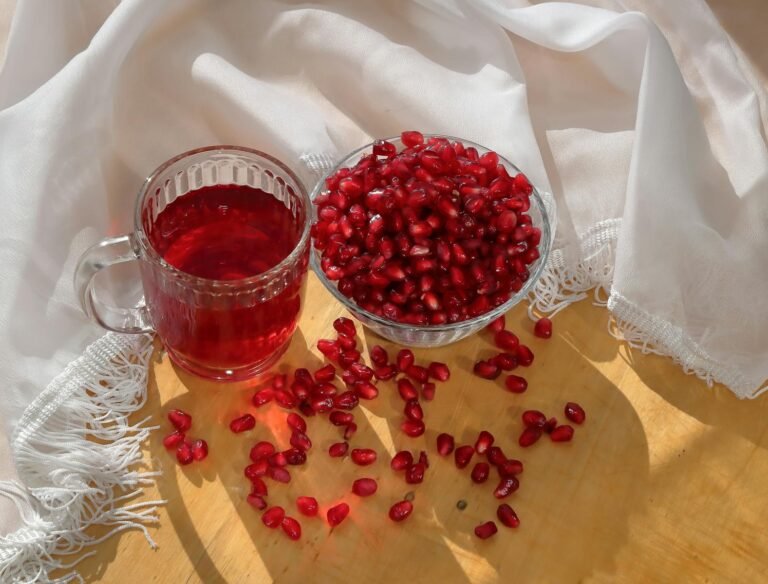Import
The matcha tea has become a global wellness trend in recent years.
From the traditional Japanese ritual in Kyoto to modern health cafés, it has become an established daily habit for many people.
In this article you will learn what is matcha tea, where it comes from, why it is considered a superfood and how to enjoy it in the most enjoyable and proper way.
1. What is Matcha tea?
Origin: Japan – Tea ceremony
The matcha tea It comes from the production of green tea in Japan, mainly in the Uji and Kyōto regions.
The leaves are camouflaged before harvest to enhance chlorophyll and flavor.
Difference from green tea
Unlike plain green tea, matcha uses whole leaves that are ground into a fine powder.
This way, the entire leaf is consumed, not just its extract.
Qualities: ceremonial vs culinary
The ceremonial grade It is suitable for ceremonial uses and has a mild, natural flavor.
The culinary grade It is friendly for smoothies, desserts and recipes that require a strong aroma.
Color, aroma, texture
Matcha has a bright green color, velvety texture, and a herbal, earthy note with a slight sweetness in the finish.
2. Nutritional value
Antioxidants (catechins, EGCG)
Matcha stands out for its catechins, especially EGCG, which support health, anti-aging, and immunity.
Contains L-theanine
The amino acid L-theanine enhances relaxation and concentration, without the drowsiness caused by other drinks.
Caffeine with mild energy
It provides lasting energy, milder than coffee, thanks to the gradual release provided by L-theanine.
Fiber, vitamins and minerals
Matcha powder contains trace amounts of fiber, vitamins A, C, B vitamins and minerals such as magnesium, zinc, selenium.
3. Health benefits
Boost metabolism & burn fat
Matcha helps activate metabolism and burn calories, especially in combination with exercise.
Better concentration & mood
The combined action of L-theanine + caffeine supports mental clarity and positive mood.
Body detoxification
High chlorophyll activity contributes to natural detoxification.
Anti-aging & antioxidant action
Catechins limit cellular damage, supporting a healthy and youthful appearance.
4. How is it consumed?
Traditional preparation
A little matcha is sieved into a bowl.
Hot water (~80 °C) is added.
Mix with a bamboo whisk (chasen) until it foams into a rich foam.
Matcha latte
Pour matcha into hot or iced oat, almond, or regular milk.
Add a little agave syrup or honey for flavor.
In smoothies & desserts
The matcha tea It can be incorporated into smoothies, energy bars, cookies and creams – giving a bright green color and antioxidants.
Vegan combinations
With oat milk, coconut or almond yogurt, coconut oil, and superfoods — create a pick-me-up drink.
5. How to choose quality matcha
What to watch out for
- Color: bright green means top quality
- Origin: Japan (Kyōto, Uji) for the highest standards
Labels & selection strategies
Investigate if it is ceremonial (for a drink) or culinary (for cooking).
Store the opened package in the refrigerator – it preserves the aroma and color.
6. Frequently Asked Questions (FAQs)
Does it have more caffeine than coffee?
Matcha tea has less, which means steady energy without jitters.
Is it suitable for pregnant women or children?
Yes, but in low doses (1/2 teaspoon daily) and upon doctor's advice.
How often can I drink it?
1–2 drinks per day are generally safe for most people.
Does it have side effects?
In excessive doses it can cause indigestion — start gradually.
Where can I buy it?
In organic product stores, specialized tea shops and online with careful reference to quality.
Conclusion
The matcha tea it's not just a wellness fad.
Each cup brings delivery, concentration, anti-oxidation and gentle energy.
It is easily transformed into a latte, smoothie or ingredient in recipes and is a true superfood for your everyday life.
Start small, choose quality, and enjoy the journey of finding a healthy lifestyle — green, velvety, and dynamic.



